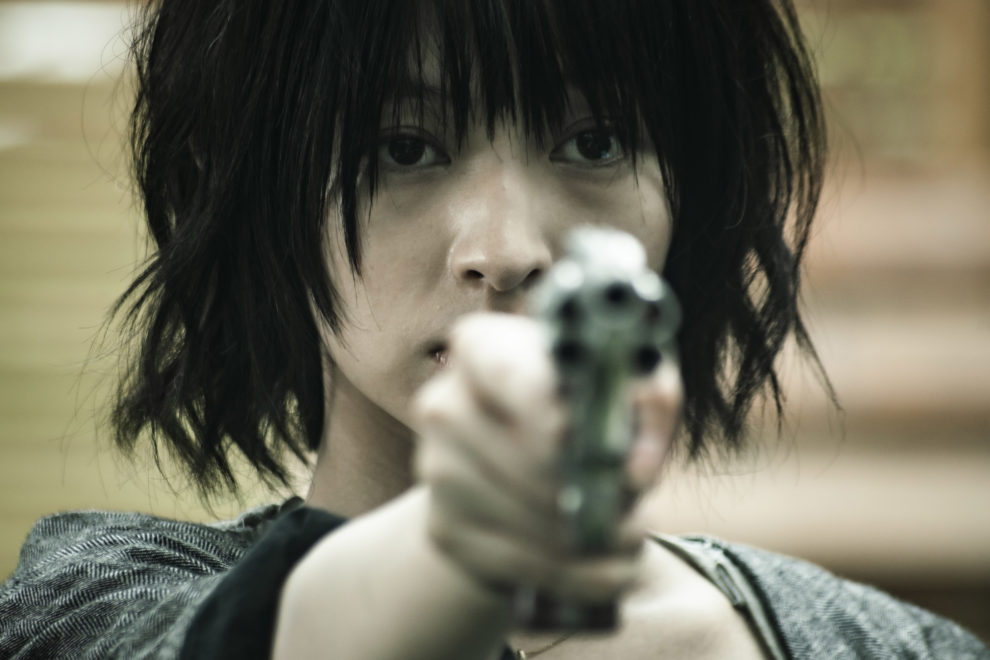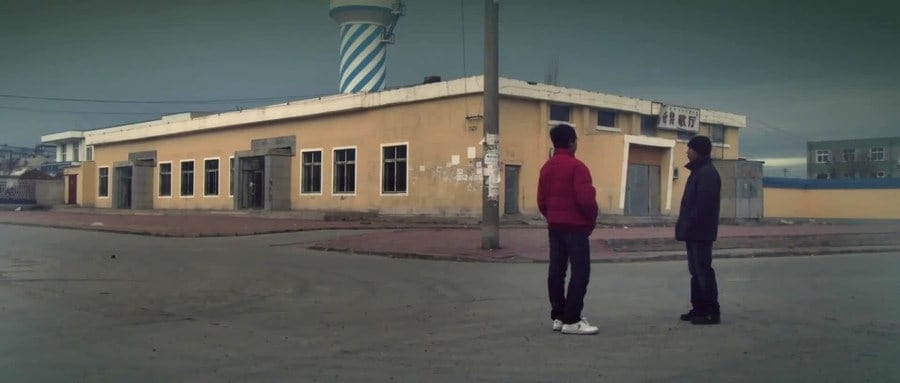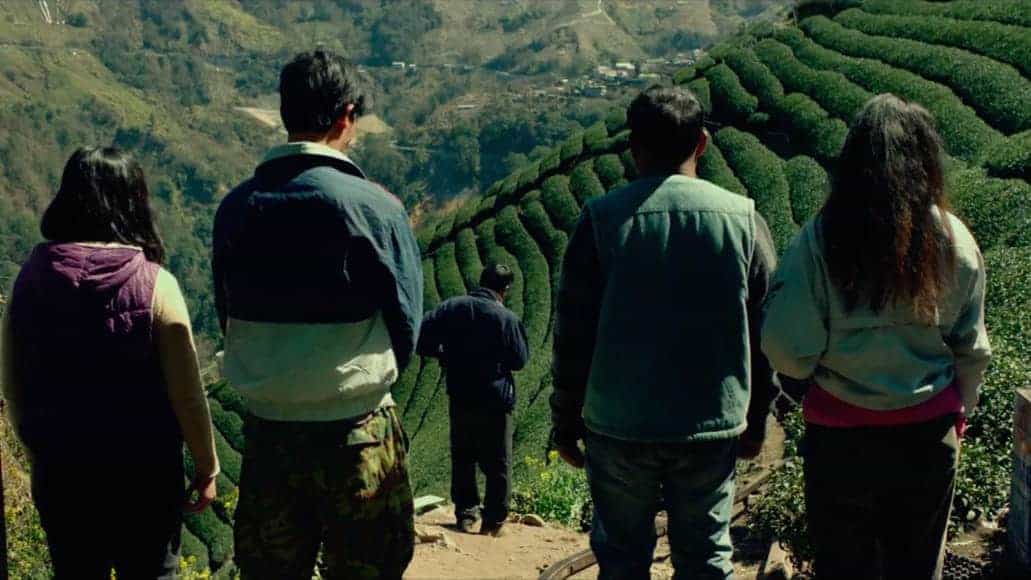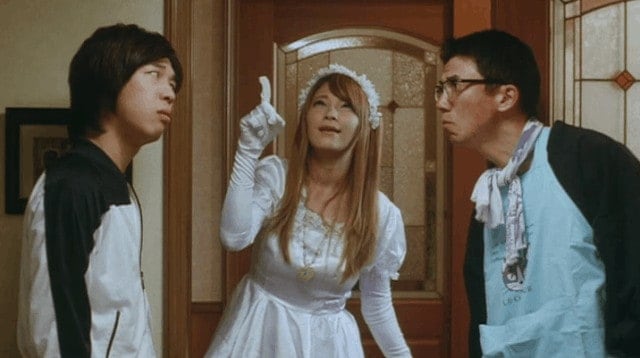Masaharu Take seems to experience his most prolific period of his career, since the remake of the 2018 original is his fourth film for 2020. In a rather strange decision, Take decided to revisit his Japanese New Wave-like aesthetics, this time from the perspective of a character that had a mostly sex-oriented part in the original.
“The Gun 2020” is screening on Japannual Film Festival in Vienna

The script is written by the author of the book the original film was based upon, Fuminori Nakamura, and revolves around Toko, a woman whose life is in complete shambles, with the people around her making her situation even worse. Toko is broke, living in apartment filled with garbage where the utilities have been cut off, and the letch owner pesters her to pay with sex for the delayed rent. At the same time, her mother does not stop mentioning to her that she should have died in her brother's place, with a number of flashbacks eventually highlighting a rather exploitative relationship. Eventually, Toko finds a gun by accident, and a rather intense connection is soon formed between the two, which initially takes a sexual path but soon ends up dominating her whole way of thinking, and subsequently, life. At the same time, a murder has another pestering cop (like in the original) coming after her while her introduction to a rather violent bar owner, Kazunari, sheds more light to the roots of the gun.
The colors are not black and white this time, but Masaharu Take still directs a rather saturated film that focuses on the connection of sex with violence, presenting it through the medium of the gun. The way Toko's life changes after her discovery is significant, but Take also portrays the world she lived in as an already violent, perverse and sex-oriented place. The fact that almost all protagonists eventually have some kind of sex in the film also moves in that direction, while the ever-present violence eventually takes over the whole narrative.
Take implements a voyeuristic approach, which takes full advantage of Kyooko Hinami's impressive appearance, in order to make sensualism one of the main factors of the narrative. However, the many perversions depicted in the story, which at one instance become the main source of, tone this element a bit down.
The accusation towards the previous generation, which has become one of the repeating elements of the latest Japanese indie films, is here once more, with every “grown-up” in the movie presented in the darkest colors, starting with Toko's mother and continuing to all the middle-aged men she meets. The fact that the previous generation is to blame for the situation the current one experiences, as mirrored in Toko, is rather evident, although the story does not show if Toko has ever tried to do anything to actually change her situation, in an element that becomes a bit confusing about the message of the story. Furthermore, even in just 76 minutes, Take still seems like he does not know where to end his movie, which has at least three finale-like scenes, despite that all of them are rather impressive, particularly the one with Toko and the little girl, which carries a very important contextual meaning.
Lastly, the connections with the previous film, which happen mostly through cameos, are a playful part of the narrative that actually works quite well.
Kyooko Hinami as Toko plays her part in a rather laconic fashion, but still manages to communicate the different psychological statuses she experiences with eloquence. Koichi Sato looks as sinister as ever as Kazunari, while the secondary parts are all very well-presented.
“The Gun 2020” has its faults, particularly because its messages are somewhat confusing in their presentation, but still remains a rather intriguing film that offers a unique perspective to the Japanese indie film.















